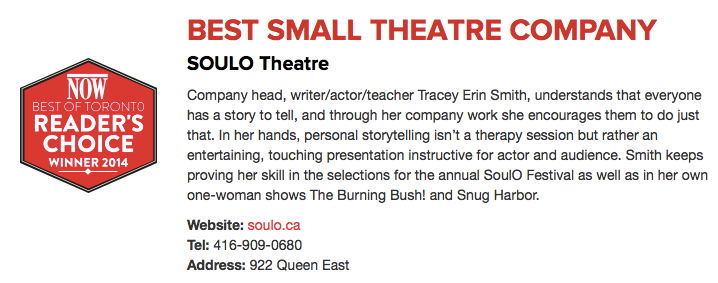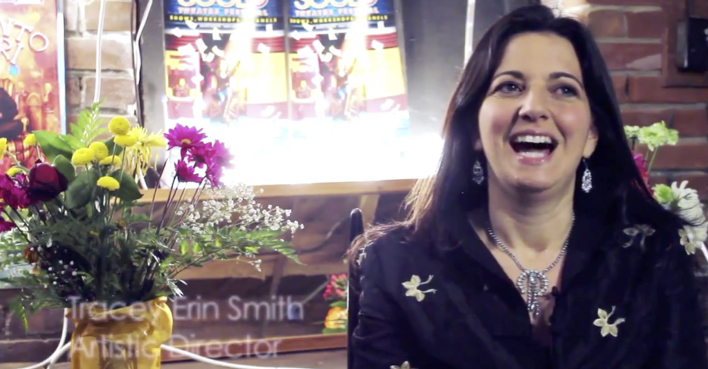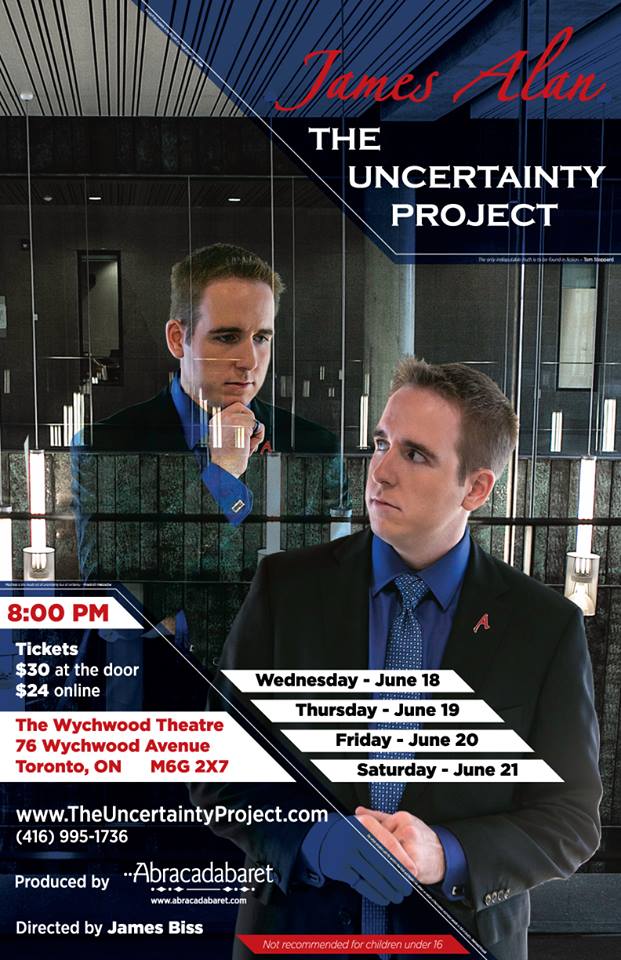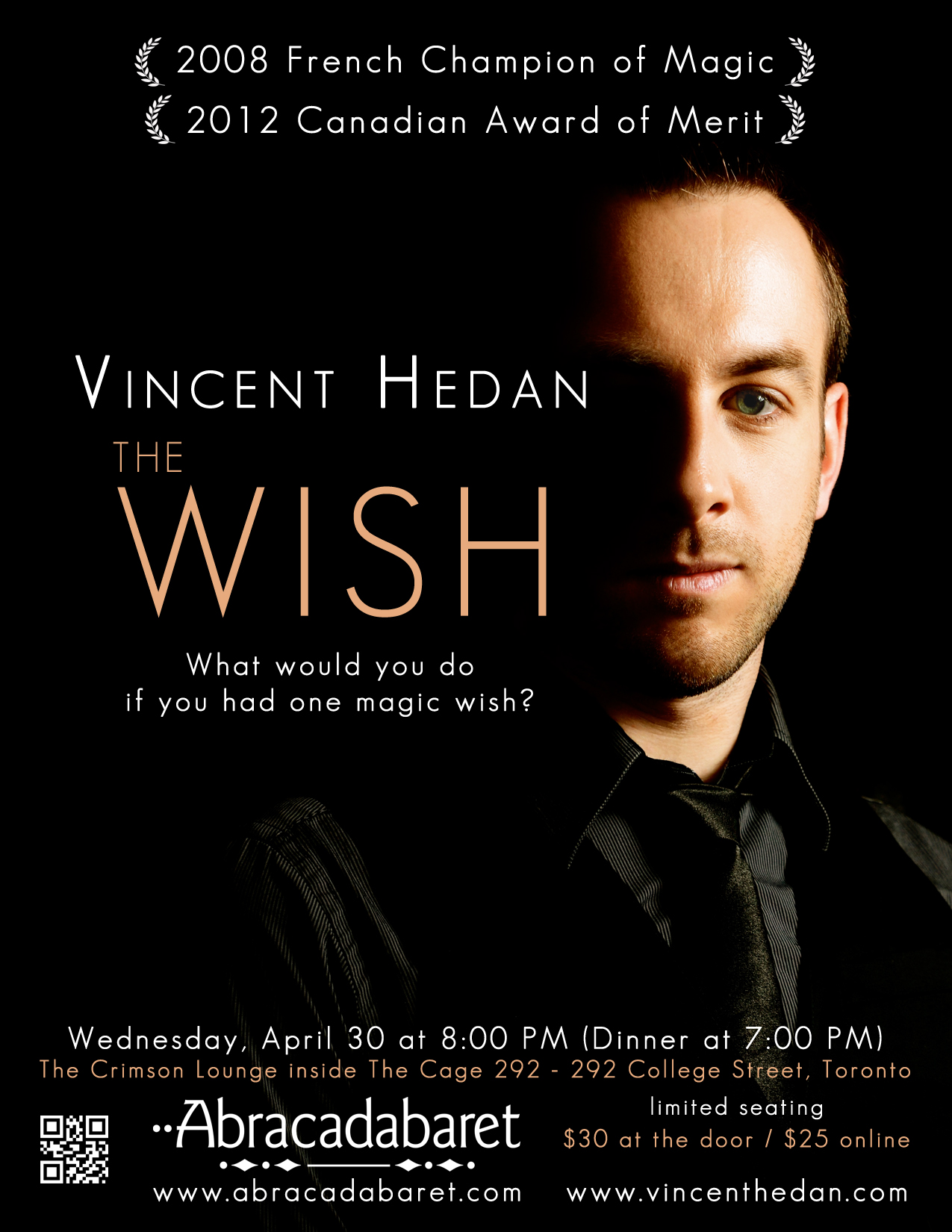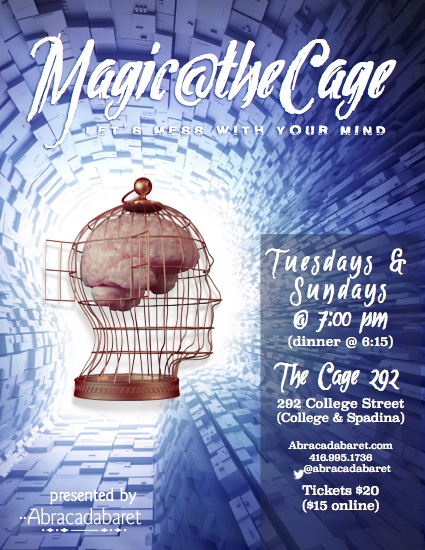I've just finished reading the new memoir from the great John Cleese, So Anyway...

I have long had a special place in my heart for British comedy. When I'm setting up for my shows and need to do a sound check, rather than blandly recite "testing one two three", I'm usually reciting passages from The Hitchhiker's Guide to the Galaxy.
When I was much younger, my employer at the time asked me what I thought of "Monty Python" and I told him I didn't really know what that was. It was autumn at the time and some time later I was handed a package for Christmas (I was too young to put two and two together at that point and they were exceptionally generous to me at that point and it could have been anything.) But Christmas morning I opened it to discover the complete Monty Python's Flying Circus (in VHS - which does give you some sense of my age). I promptly watched the lot and fell in love.
John Cleese was a particular favourite from the troupe. His material was physically distinctive - you could spot Cleese from across the room, whereas if you were to put them in drag (which for those unfamiliar with Python, happens frequently) I couldn't tell Terry Jones from Michael Palin. The Ministry of Silly Walks and the Self Defence Against an Attacker Armed With Fresh Fruit were particular favourites and I also enjoyed the iconic Parrot Sketch.
This clearly played a role in the decision to have Magic Tonight at The Bear in Pickering:
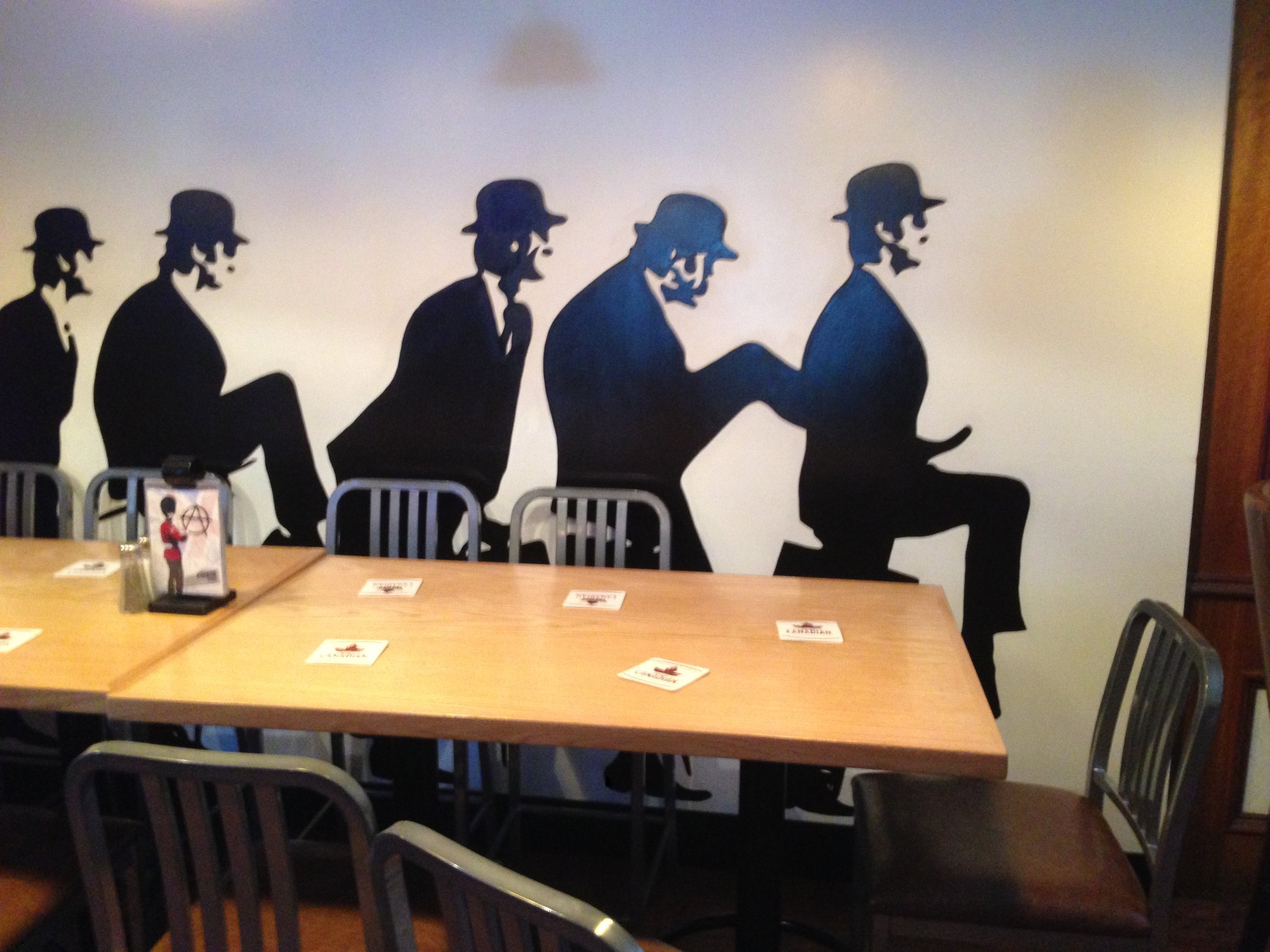
What I also discovered some many years later was that Cleese was fascinated by creativity and actually gives talks on the subject. (One such talk available here with lovely subtitles). It simultaneously strikes me as odd and makes complete sense how extremely funny people take the process of being funny so seriously. When they're on stage (or camera or wherever) you are watching them be funny and you don't get a sense of the thought process behind it. There really is an art and a science behind comedy, which you seldom realize because expert comic performers so rarely give the impression of being artful or scientific. Like magic, it's one of those areas where the purpose of the skill is to disguise the fact that you have the skill in the first place.
The book is also a really valuable source of advice for performers - especially new performers. Every few pages, he offers up one of those "If only I had known that back when..." tidbits. Tips on writing, performing, rehearsing, getting over nerves, timing the delivery of a joke. While the memoir portion the memoir is interesting, it's second to me as its usefulness a stage manual for life.
Most importantly the book is most definitely funny. If you want people to look at you funny (funnily?) put it on your iPad and read it on the treadmill at the gym and see what happens as you burst out laughing periodically.




